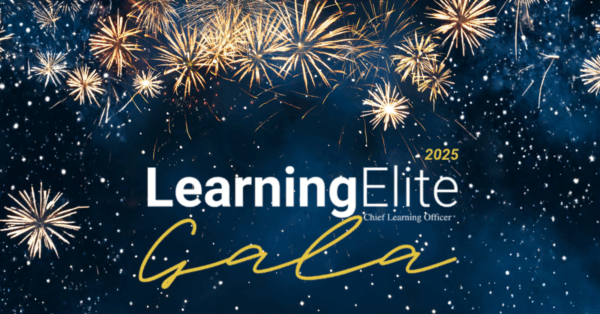L’Oreal has a long history of developing a wide range of cosmetic products and is recognized for setting market trends. With more than $17 billion in worldwide sales and a presence in over 130 countries, it remains on the forefront of employee development and growth.
The company prides itself on its involvement and development of its 52,000 employees on five continents. While most large corporations would see this as an enormous challenge, L’Oreal’s learning for development group sees only opportunities. Their approach is to position learning at the core of the company’s long-term development. “It is not about a catalog of courses or convincing people to do what we believe is best for the company,” said Marjolaine Rompre, director of learning for development, L’Oreal Canada. “It is about developing each person individually, personalizing their needs and aligning it with the company’s direction.”
Learning departments often try to push training into the organization rather than getting them to pull it. L’Oreal’s learning team partners closely with the company’s managers. “They clearly understand that performance incentives for the company are centered on employee growth and development,” Rompre said. “We never try to sell our solution. In close collaboration with managers and employees, we assist in addressing specific needs, planning their career direction and resolving organization needs. From this we are able to ‘prescribe’ a learning solution that fits them best—it is about getting the right learning to the right people at the right time.”
Learning solutions do not necessarily have to be “sold” if organizational learning and performance is aligned as a strategic business partner. As Rompre said, “Even if you have the best training solution with the best trainer, an employee will not benefit if it is not delivered at the right time and for the right reasons.” The timing for every type of learning cannot be held to a schedule. Organizations may have specific needs to attain objectives, but people are not homogenous and synchronized. “Our employee buy-in for our solutions is natural since we help them to grow at their own rate of learning,” Rompre explained. “Not every person develops at the same pace. Each person acquires knowledge in their own way, and this is widely accepted at L’Oreal, so we provide learning when it is needed.”
L’Oreal conducts both annual and bi-yearly reviews of employee performance. Immediate supervisors along with their superiors meet with the employee to conduct a performance appraisal. One-third of the review discusses how the employee is performing, and the remaining two-thirds revolve around personal growth and developing a training plan. “This fosters employee loyalty as they see our need to invest in their advancement, entices a vested interest from management to work closely with us to grow the company, and creates a buy-in from within the organization for learning that is needed, not forced upon them,” Rompre said.
Individualizing learning at L’Oreal challenges Rompre’s team to manage the rapid development of career paths—usually between 18 to 24 months. “Our job is to ensure employees are equipped with the knowledge they need, sometimes before they even know they need it,” Rompre said. Proper integration is essential in the first three to six months, with all learning experiences set around the L’Oreal culture. “Say we have a marketing assistant in skin care products promoted to a position in a makeup division,” Rompre said. “Their knowledge requirements change overnight. We work closely with the employee and the department to ensure they receive the learning and knowledge to become effective in their new position.” Although this is not a common situation at L’Oreal, it demonstrates how learning is not a “sell,” but positioned as a strategic component to the company’s overall success and market dominance.
The other challenge is to prevent “too much” training. “It is not that we don’t encourage continuous learning,” Rompre said. “What is important is how will they apply and use the knowledge acquired. Learning needs to happen and be integrated with proper practice over time. Our culture is to provide learning for a purpose both for personal and organizational development. Again, we get back to the idea of getting the right learning to the right people at the right time.”
The L’Oreal culture is vital to the success of their people and the products. Learning for development and HR are entrepreneurial and innovative in their approach to education. Both of these departments are key players in implementing business strategy with the goal not to sell learning, but to continuously improve the quality and efficiency of the organization while enabling individuals to progress, ideas to develop and organizational projects to succeed.
Ajay Pangarkar and Teresa Kirkwood are partners at CentralKnowledge.com. They can be reached at apangarkar@clomedia.com.














